R i f f s & P l a i n t s
Here Mark blogs. From time to time. Expect lyric rants and quieter meditations on the matters that concern him and many of us—climate justice, care with language, soul-making, landscape, the lyric, reading and writing and parenting and the art of living well. These are the plaints. The riffs will be similar, but lighter. Short essays and filibusters and letters from Here. And the odd poem.

The Syntax of Peace; the Idiom of Justice
I have noted, as Barrack Obama does in these fine words on the Gazan catastrophe, that these are rancorous times, when few seem to recall how to communicate with kindness and clarity and care about what they care about. We enmify, we overstate, we rant. Think about this: How you speak is who you are. So who do you want to be? How would you phrase things if how you phrased things embodied the values you’d like to prevail in the future you imagine?

Sixty-five Thousand Two Hundred & Thirty-odd Reasons to Vote Yes
What is envisaged by the authors of the Uluru Statement from the Heart is not a war, but a peace, and a gift: The constitutional amendment—recognition of Indigenous Australians through a voice to Parliament—that we are asked to consider on 14 October begins to fix a structural injustice (dispossession and its aftermath) and allows Indigenous Australians to take constitutional responsibility for their destiny; it obliges a tone-deaf polity to listen to First Nations people; it opens the way to a practical Makarrata (agreement-making and truth-telling, a coming together after struggle, a reconciliation); and by these means, this constitutional reform, a small step in the direction of truth and justice and dignity for all of us on this land, will in time allow all Australians to step proudly into a story of belonging sixty-five thousand years old.
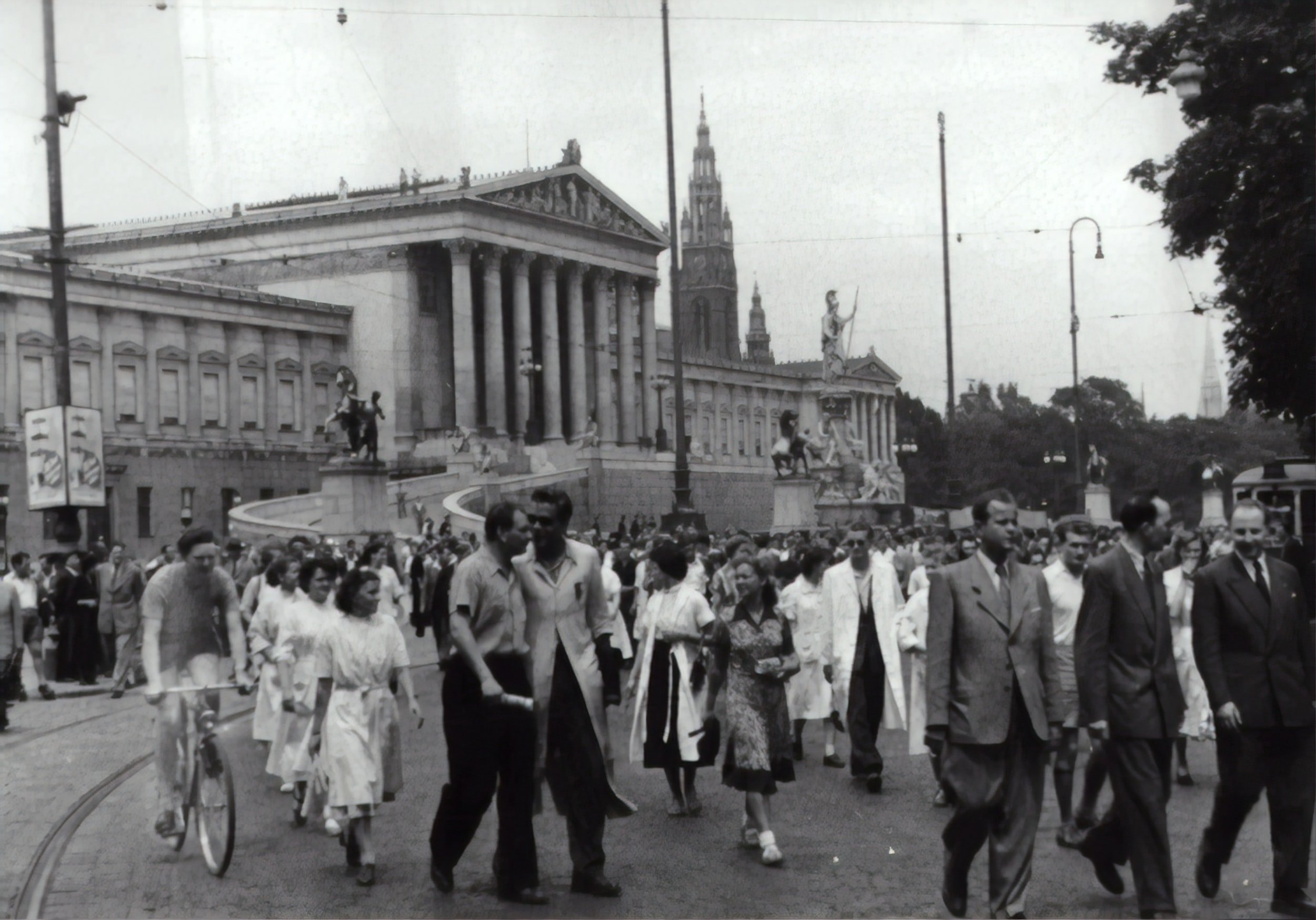
A Picture that Wrote a Poem
Here’s a wonderful ekphrastic prose poem by Vievee Francis, which for my money practises, in its restraint and humanity, the deeper speaking, the quieter voicing, the smaller gestures, in which poetry enacts and incites its revolutions. For the revolutions poetry starts are in the heart; after that, and only after that, houses come tumbling down.

A Poem in the Family
I have a poem for my mother, “The Iris,” and one for my father “Holding My Father’s Heart,” in the April issue of Live Encounters. Glad to be able to celebrate their lives and thank them for mine. The poems appear side by side in my new collection, A Beginner’s Guide, too.
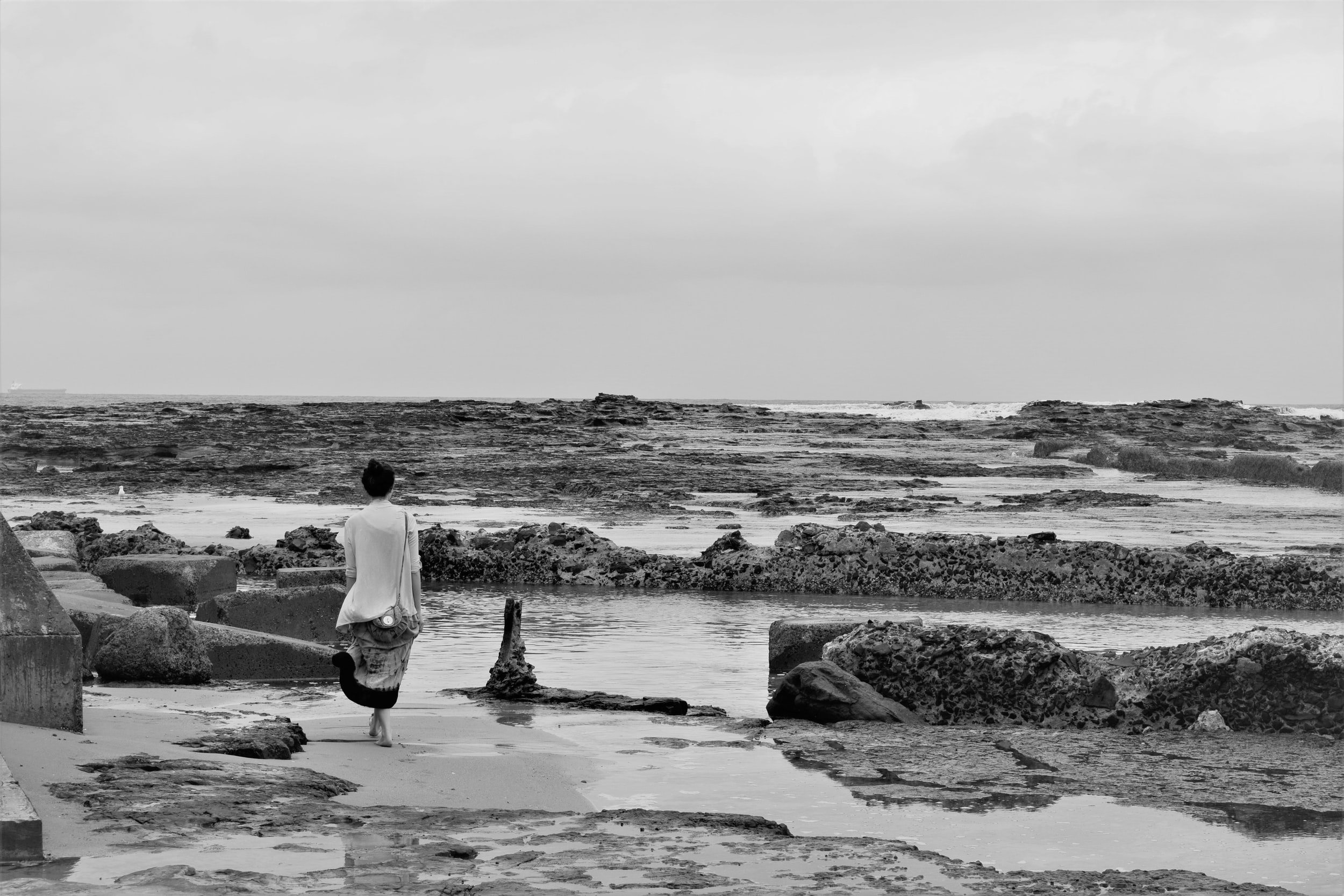
Sneaky Little Revolution
In an essay on Charmian Clift, published in The Bulletin, Sydney, in the late 1990s, it seems I wrote: From the women’s pages of the Sydney Morning Herald, among advertisements for wrinkle cream and mini-skirts … Clift challenged a complacent society, fashioned a sly and elegant sedition: opposing Vietnam, unmasking materialism, championing equality for women. Later this year those words will appear on the cover of a new selection of Clift’s essays, Sneaky Little Revolutions, edited by Nadia Wheatley and published by New South. Reading Clift is a masterclass in the kind of justice only literature achieves and incites. Its voice is not shrill but humane, dignified, vulnerable, lyric. Charmian Clift’s was such a voice and we need to recall, these shrill days, how it goes.
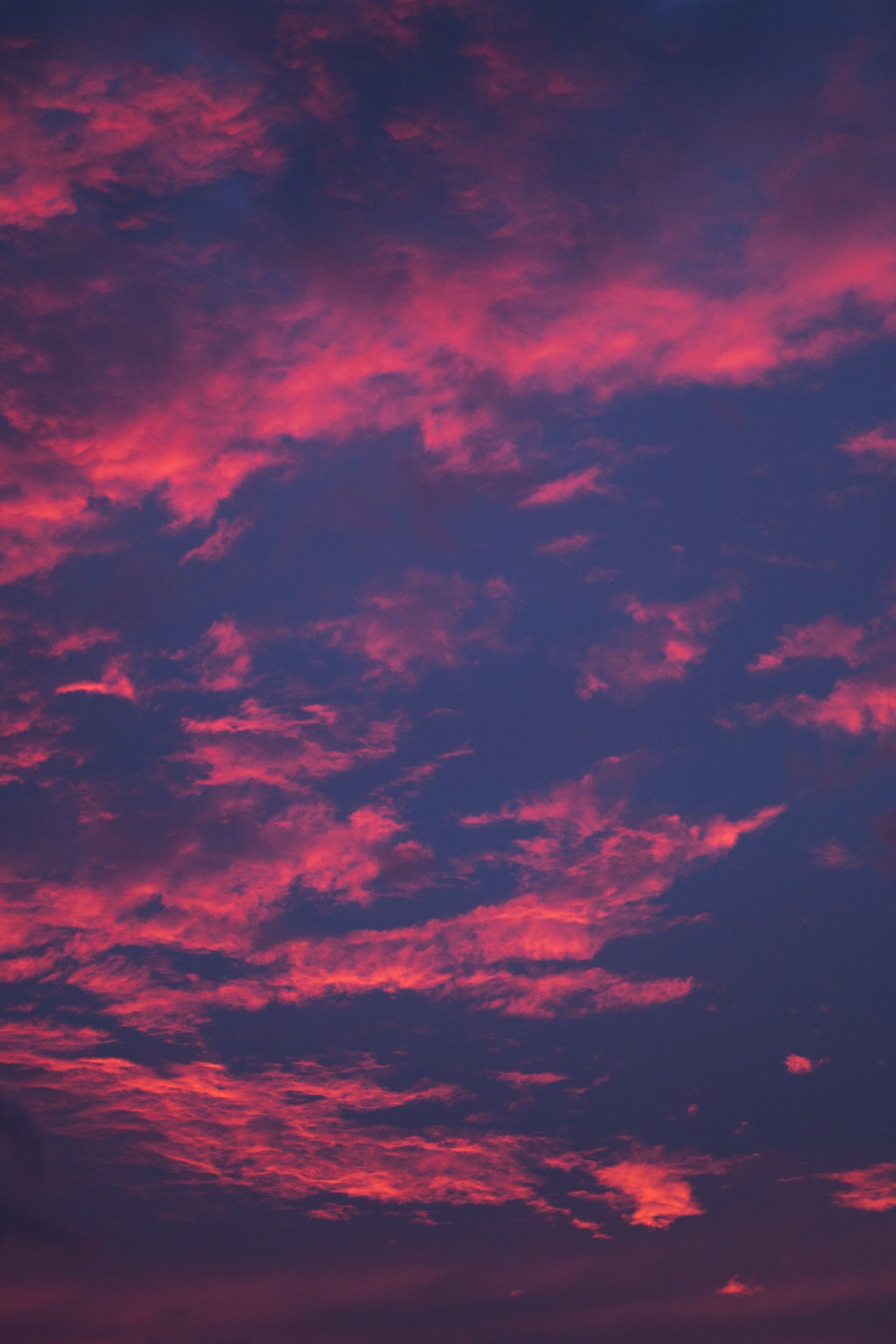
Innocence & Experience
POETRY—indeed right living—may be the dance of innocence and experience, or so William Blake, the mystic poet thought. For 67 years, there has been an Australian prize for spiritually inflected art, named in Blake's honour, and since 2009 that prize has included a category for poetry. I have judged the prize; I have shortlisted in it; I have spoken at its launch and one year at the awards ceremony. One year, the first year, I won it. And now I am proud to find a poem of mine, "Flat Rock, September," among the six poems shortlisted for the 2021 Blake Poetry Prize. Hear me read it, and the other five shortlisted poets read theirs, here.
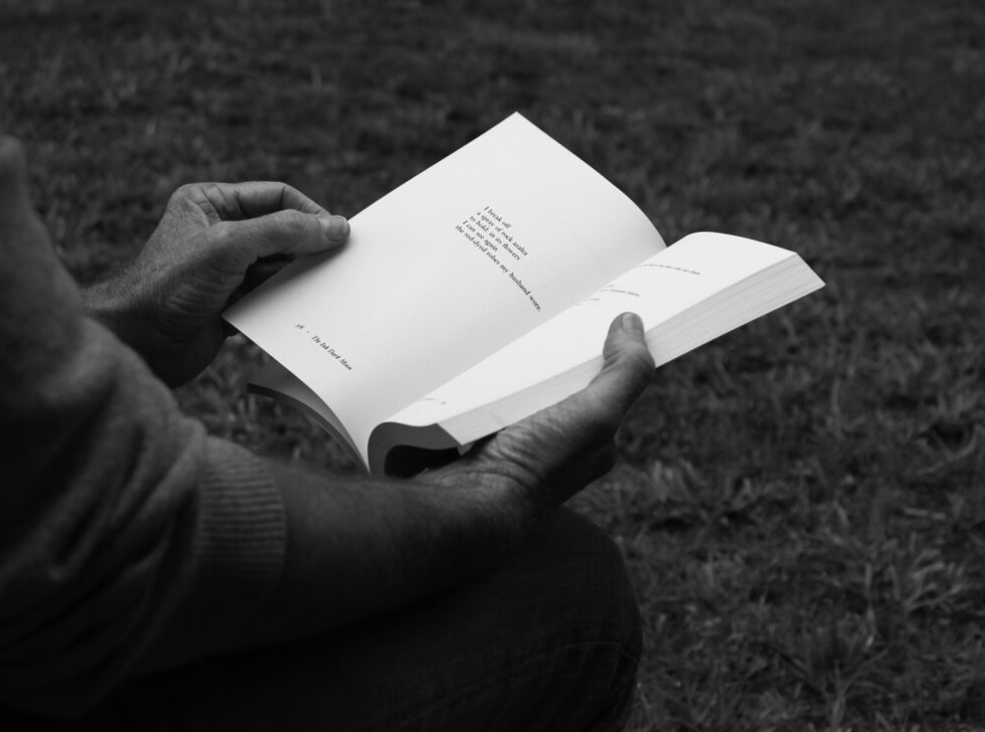
Literature Gives Us Back to Lives Within and Just Beyond Us
Poetry permits us, Mark Strand once wrote, “to live inside ourselves as if we were just out of reach.” To be both within ourselves and beyond ourselves at once. In other words, poetry (making it and living it and reading it) licenses us to be, for a while, who we are most utterly and uniquely, and yet part, too, of a much older and wider Self we also inhabit, part of eternity, part of humanity, part of a species, part of a consciousness, perhaps—and none of them reducible to any of the more meagre categories to which prevailing ideas would always consign us.

How to Love Like a Mountain
My short speech about how in life, as in literature, we are called above all to be free and to love. On the occasion of the launch of my friend Huang Shaozheng’s new translation of the folk songs of the legendary Zhuang folk singer, Liu Sanjie. Whose preface I wrote:“Here, then, is Liu Sanjie, freed from others’ orthodoxies, walking in the integrity of her own ideas, in the music of her own heart, in the weather of her own culture, in the idiom of her own mountain realm. Liberated by this humane rendering of her profoundly human life and works, in which each of us can find a self it’s still not too late yet to be…”
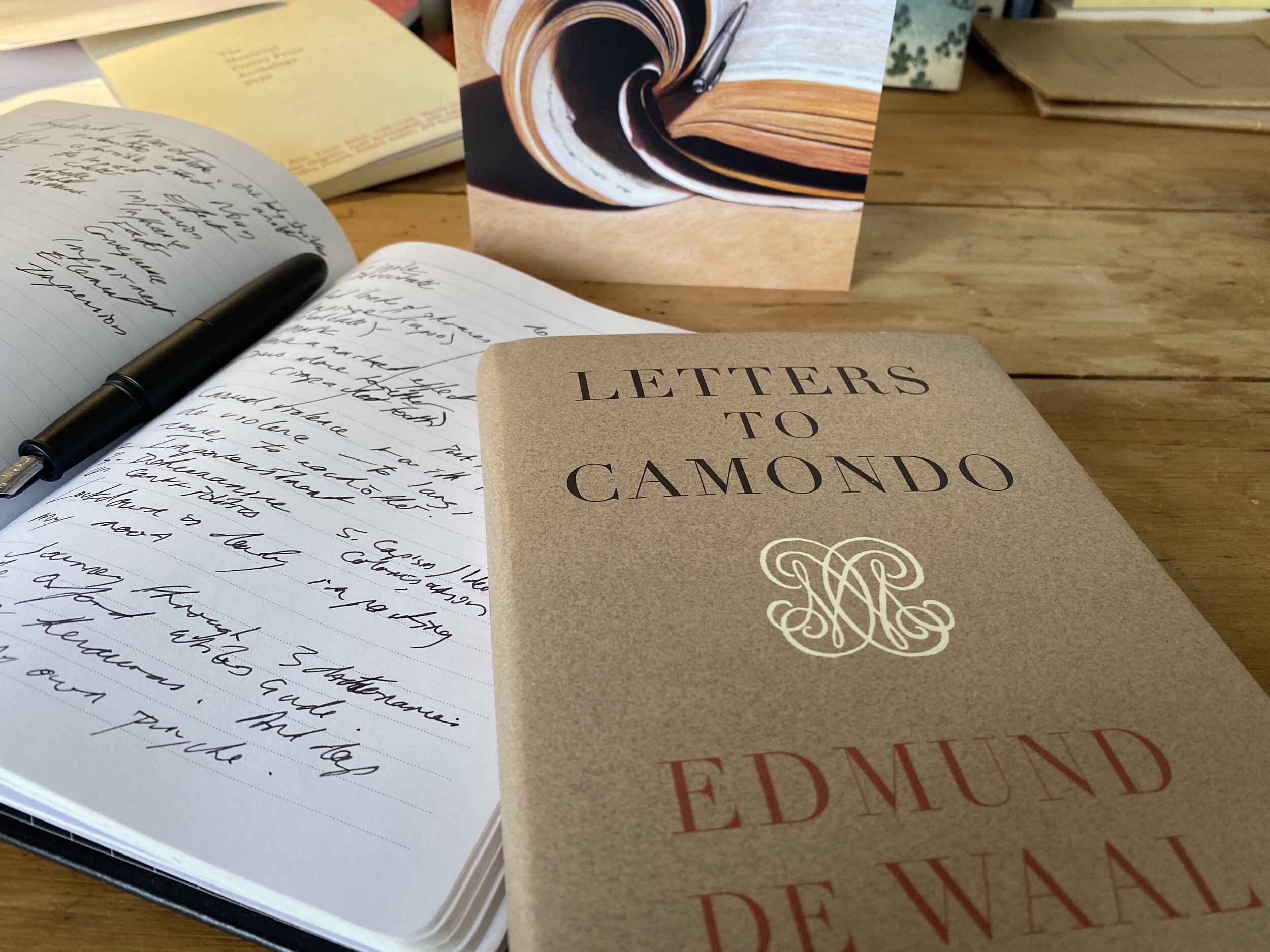
On Care with Words & with Each Other
A short essay against the deplorable overuse of “impact” and an argument written in the rain that what we do to language we do (partly with language) to each other. We are languaging animals, and we thrive, it seems to me, when our language thrives. When language suffers, we suffer, too. When the language we live in transpires in ugliness, life, itself, and all our lives are diminished; when it is trashed, so are our souls. When we favour verbs that leave humanity and specificity out—the way that facilitate and incentivise and impact and outcome do—texture and humanity leak from our everyday worlds and from our selves. Again, we live in language, and when it is diminished, so are we.

Against Power: Some Thoughts on Rights and Obligations, Kindness and the Public Good.
Some thoughts on ethics and rights, triggered by a man and a dog and a creek, and the return of the Taliban and the riots against COVID—and a critique of the dominance in our times of a discourse of power, and how we could do with less of that narrative and more of the lyric work poetry does—since everything and everyone is equal in a poem. “We do violence,” I reflect here, “to each other—to women and children, to animals, to the underprivileged, to the non-conforming, to poets, to fish, to rivers, to landscape, to the seas, to the cosmos—when our thoughts are reductive, when they are violent in the adolescence of their assumptions, when they are, as most everyday thoughts seem to me to be, innately exploitive, informed by no more wisdom than winners are grinners and the strong tend to prevail.”

Remembering a Friend Who Lived in Poetry
Two poems for Don O’Brien, a friend who passed away too soon last week: a sijo of mine, and a poem, “My Favorite Poets,” by one of Don’s favourite poets, Adam Zagajewski. “Moments of bitterness passed swiftly, likewise moments of joy. Sometimes they knew what the world was and wrote hard words on soft paper. Sometimes they knew nothing and were like children on a school playground…”
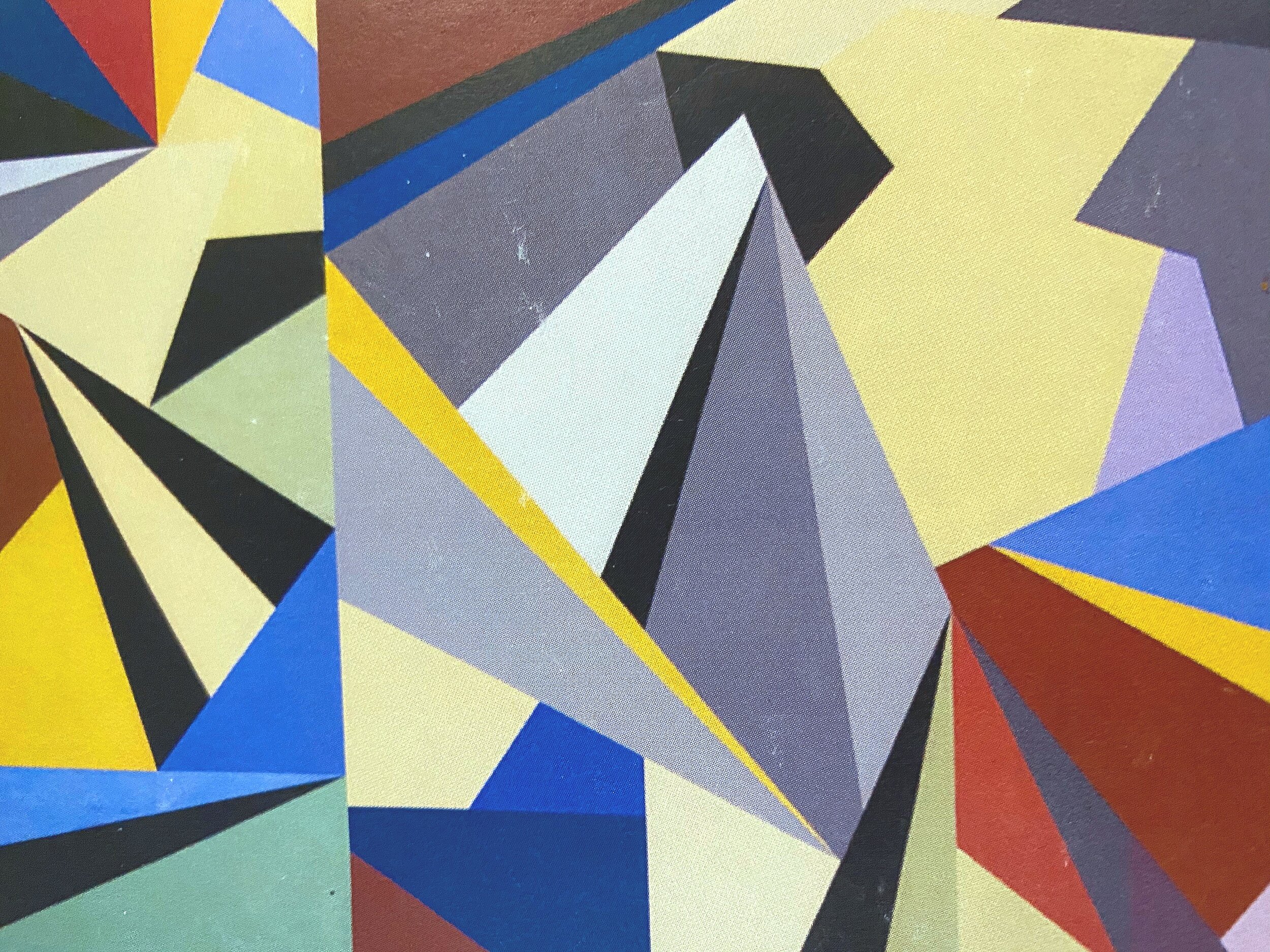
Cleave: a Story & a Moral
I FIND in a box the image (Robert Jack’s geometric expressionist painting “Kentish Fire and Heavy Boots”) in response to which I made the ekphrasitic poem “Cleave” (Fire Diary), and it gets me thinking about how hard it is to love what you do not like or understand, and how much of yourself, the Self in you, you can find if you can hold with what is difficult or Other or alienating a little longer than your taste and fear would otherwise let you.

A Rare, Free, Kind, and Scrupulous Mind
IT’s NOT CLEAR how much of what we made of them in life the dead get to hear, but if word does reach them, Janet Malcolm, a life-long skeptic of her own merit, will be well-pleased. I, for example, would like to be remembered as David Remnick of The New Yorker remembered Malcolm, who died on Wednesday in New York: “when she sat down to write, the instrument of her prose was equal to the intelligence and range of her mind… All her considerations are examples of a rare and utterly free mind at work.”

To the Young Poet
Seven old tips for young poets, starting with this: Get a sense of humour if you don’t have one. These are serious times. Deadly serious. Poetry is play with language. Serious fun. If Horace is right, we need to delight, as well as to school. Practise joy. We need as much of it as we can get.”

Love is a Radical Generosity; Poetry is its Idiom
Love is the body’s poetry; poetry is language making love. Love is how we close the distances down, while keeping our mind and our heart open. Love is a profound generosity, a radical and uncompromising kindness, a stance of immaculate affection. It may be most of what we mean by the Divine, and poetry, the language of connection, is its idiom. A video of me reading my poem “The Godwit Shores” for Jodie and making some reflections on the nature of love and poetry. Thanks to Poetry Sydney and their project Vessels of Love.

Brink: Poetry & Sustainability
We stand on a brink, and poetry can talk us down. Join me and Brian Walters (author of Brink) on Thursday evening from 7:30pm AEST) in a conversation in poems about poetry and sustainability, part of the National Sustainable Living Festival 2021. Book via Eventbrite. Tickets are free.

Natural Justice
Remembering the life of Barry Lopez, the justice he did, the beauty of his life and works, on the day Biden commits America to environmental justice, the beginning, one hopes, of the end of the exploitation of the earth that has fuelled our lives and imperilled our futures.

Love is How You Close the Distance Down: “The Godwit. For Jodie”
“The Godwit,” a poem for my love, Jodie Williams. Look out for it in my next book, Walking Underwater, later this year (Pitt Street Poetry). Maybe love is what the godwits perform (birds Jodie and I have come to love)—flying half the world around each year: love is how you pull off the magic trick of respecting distance while closing it gently down; nesting so nimbly and so long in your adversity that, that adversity becomes a hearth. “And is it not our lost way they find?”

In Defence of Doubt
When theory has become dogma, when it presumes its rectitude (when it leaves no room for doubt or nuance), when it has forgotten the irreducible and organic nature of the human spirit, it has become dangerous, no matter what wrong it claims to right. But here’s an article of my faith, for what it’s worth, and uttered with a fair measure of doubt: Literature—which, if it is any good, is captive to no ideology; which catches us (including the author) in our contradictions—is the discourse of freedom.

How to Water Down a River
THE FIGHT NEVER ends, it seems, to leave the rivers in their beds.
